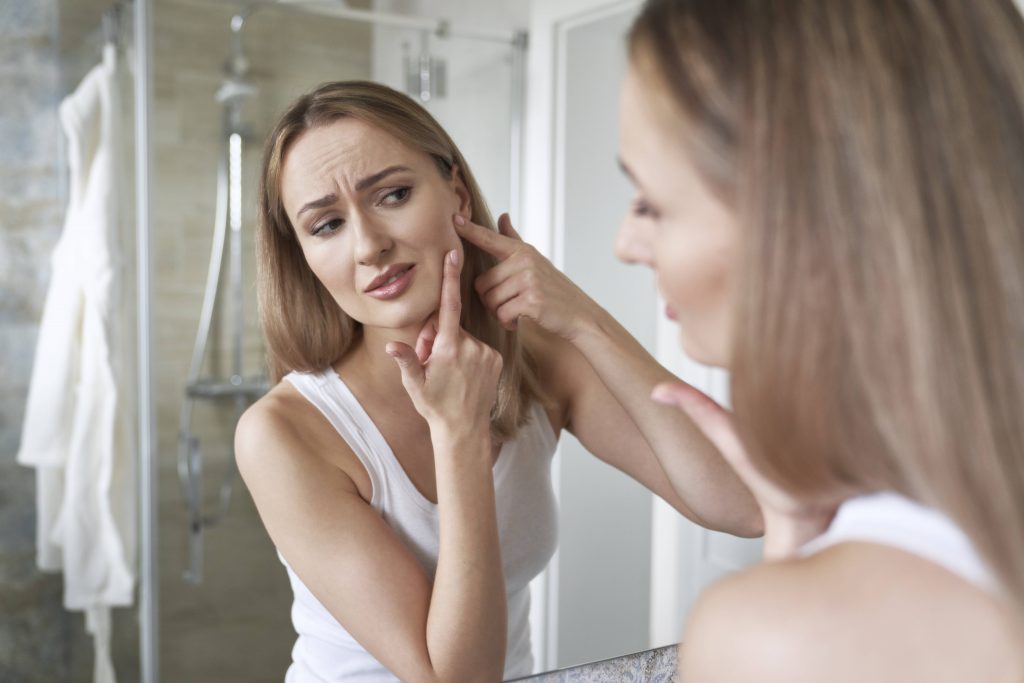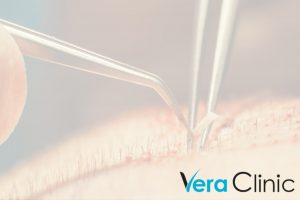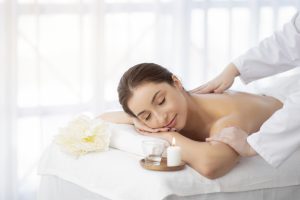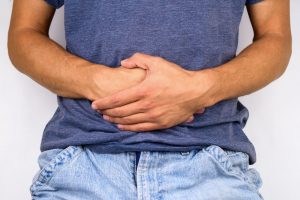
Acne is a common skin condition that can affect the face, shoulders, chest and back. It occurs when pores become clogged, or infected with bacteria. It can cause a number of different kinds of spots and pimples, including whiteheads (clogged with oil), blackheads (clogged with dirt or dead skin cells), nodules (clogged with oil and bacteria) and cysts (clogged with dead skin and sebum).
There are a variety of ways to treat acne. Your doctor can help you find a treatment that is right for you. Your doctor may also refer you to a dermatologist, or skin specialist, who can diagnose and treat the cause of your acne.
Your doctor can prescribe medications, either in tablet form or as creams and lotions. These medicines can help reduce inflammation in your pimples and nodules, or remove the whiteheads and blackheads on your skin. Some of these medicines can make your skin feel irritated and dry, so they need to be used carefully.
The best way to treat your acne depends on several factors, such as your age and skin type. It may take a few different treatments to find one that works for you.
Keep in mind that if your acne is severe or your pimples are affecting your self-esteem, it’s important to see your doctor as soon as possible. Early, effective treatment can prevent scarring and lasting damage to your skin.
A dermatologist can prescribe medication for your acne, and they will recommend certain skin care steps that you should take to help reduce the appearance of your spots. The most common medications your doctor can prescribe are antibiotics, a topical retinoid drug and a cortisone shot.
Benzoyl peroxide is an inexpensive, over-the-counter medicine that kills the bacteria associated with acne and can reduce the redness and swelling of your pimples. You should use it once or twice a day to reduce breakouts, but you’ll need to be careful not to overuse it or it can irritate your skin.
Apple cider vinegar is a natural toner that can balance your skin’s pH level and help clear up pimples. This remedy can be applied to the affected area after cleansing.
Some people also apply tea tree oil to their pimples to help reduce inflammation and kill bacteria. This is a safe, effective way to get rid of blemishes and pimples, but you should always dilute the tea tree oil first.
Another home remedy that some people try is eating more zinc, a mineral found in meats and cheeses. Zinc helps your body break down chemicals and waste products that can clog pores. It also boosts the immune system and improves blood circulation.
Green tea is a drink or a supplement that can help to reduce inflammation in your pimples and nodules. It contains high concentrations of a group of antioxidants called catechins. This is especially useful for people who have too much sebum in their pores and not enough antioxidants in their bodies.














